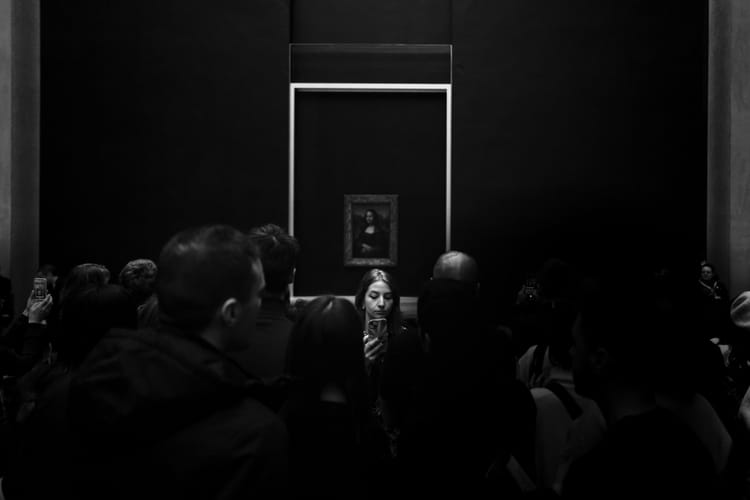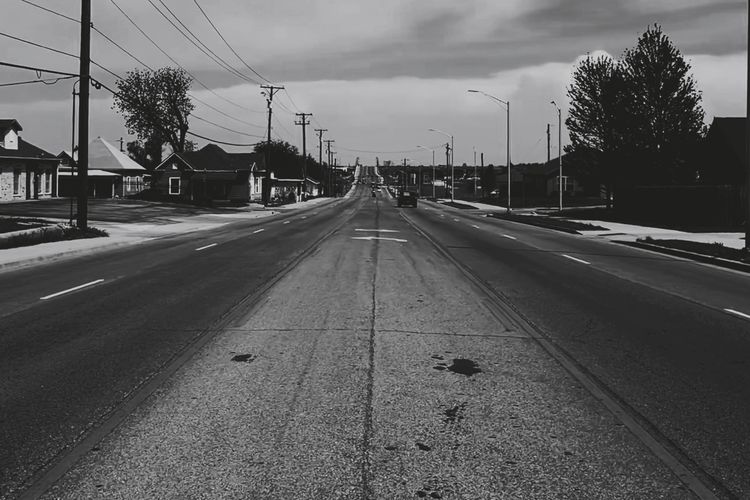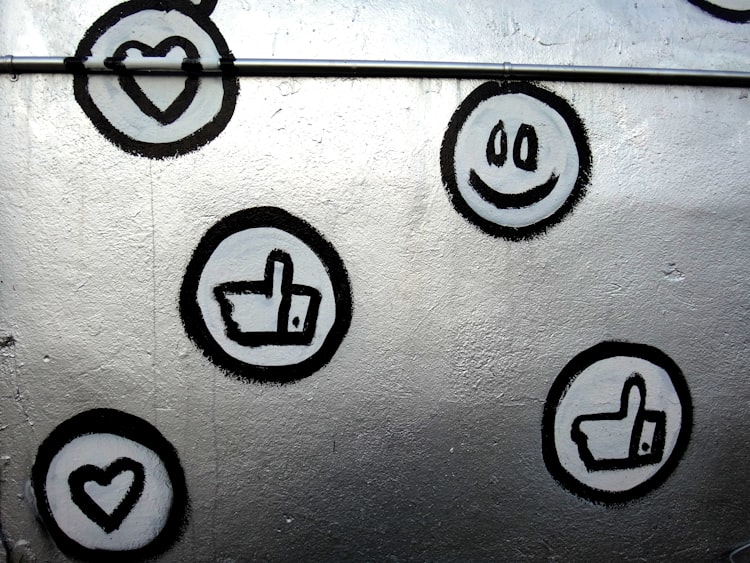not an elegy for Mike Brown
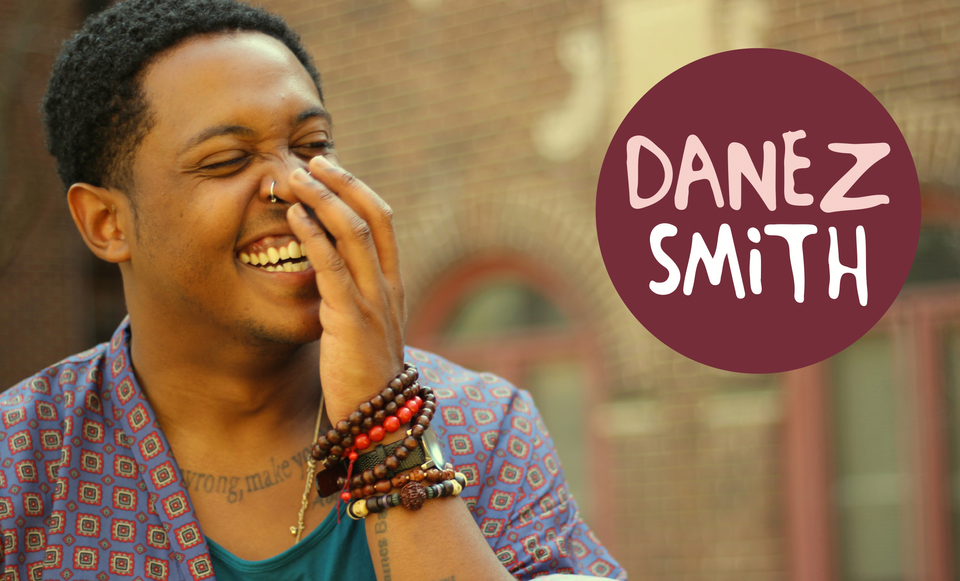
When I first read "not an elegy for Mike Brown" by Danez Smith, my life changed. I don't remember where it sits in time and memory, two things that often don't live together, but it seems like I read the poem not long after all the unrest in Ferguson, Missouri.
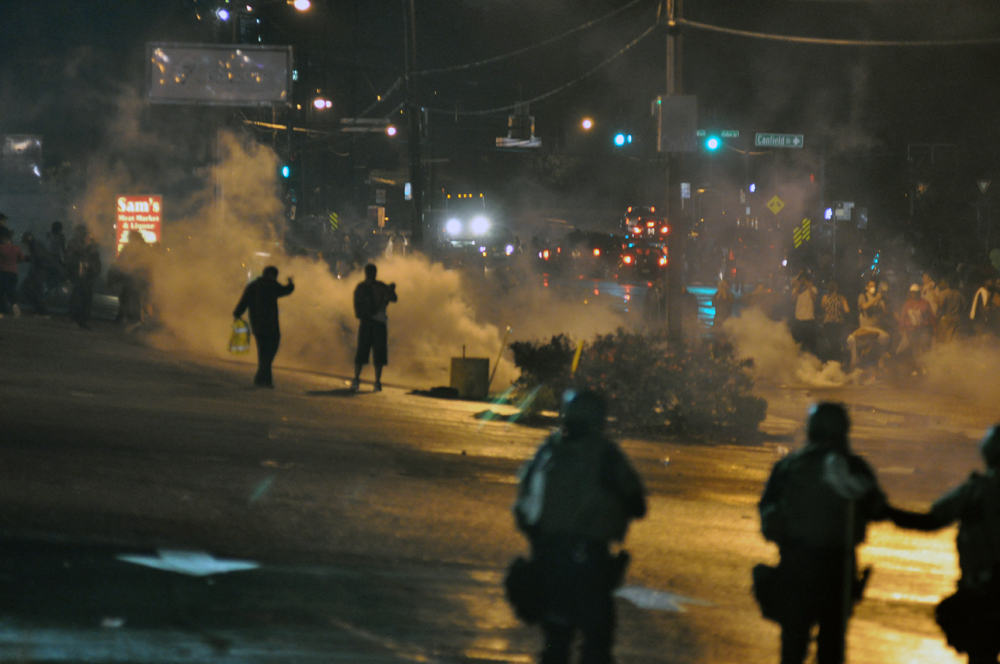
I talk about the unrest like it was in the past, but having been born and raised in Missouri, I can guarantee you it's not in the past. For many people, what happened there, what is still happening, sits in the bones of the people who live there.
In my memory, the poem acts as a harbinger. It seems like it was 2014, and if correct, is a ten-year marker for me from when I completed my undergrad (where I had a minor in poetry) and when I started seriously looking at poetry again. For those ten years, I was working in tech and throwing my whole self into it. I was not writing poetry. I wanted to be successful. I wanted to be not poor. And this poem, this harbinger, feels like the moment I first remember wanting poetry again, the moment I started going to my local bookstore and ordering books.
But ten years had passed and I didn't know how the landscape had changed. When I was an undergrad at Missouri State (back then, known as Southwest Missouri State), I was surrounded by people who looked like me—that is, white—and the poets I read were no exception. I loved Mark Jarman, Andrew Hudgins, Bob Hicok, and Tony Hoagland. Adored them.
But it was 2014 and I was changing, had changed. A large part of that was due to working in tech and the people I worked with. I was asking myself: what does poetry look like outside of white guys? Danez Smith may have been the first poet I found who said: me.
The Poem
not an elegy for Mike Brown
I am sick of writing this poem
but bring the boy. his new name
his same old body. ordinary, black
dead thing. bring him & we will mourn
until we forget what we are mourning
& isn’t that what being black is about?
not the joy of it, but the feeling
you get when you are looking
at your child, turn your head,
then, poof, no more child.
that feeling. that’s black.
\\
think: once, a white girl
was kidnapped & that’s the Trojan war.
later, up the block, Troy got shot
& that was Tuesday. are we not worthy
of a city of ash? of 1000 ships
launched because we are missed?
always, something deserves to be burned.
it’s never the right thing now a days.
I demand a war to bring the dead boy back
no matter what his name is this time.
I at least demand a song. a song will do just fine.
\\
look at what the lord has made.
above Missouri, sweet smoke.That first line. I am sick of writing this poem and then the line break: but bring the boy. When I think of 2014 and the unrest in Ferguson, for a lot of people, that was a beginning. For me, it may have been a beginning—of understanding, of deconstruction from my own white supremacy.
Which is fucking sad now that I'm saying it. And yet, it's 2024 now and I've been doing this work for a decade, and it's radically changed me. First, in small ways and then in avalanches.
The speaker in this poem is, has been, maybe for generations, [will be] sick (probably) of reading, hearing, writing this poem. And here comes chucklefuck me with my new beginning. Somehow the poem is prepared for my engagement. Somehow the poem simultaneously says Welcome and Let's get to work.
I don't think salvation ever comes when you need it to. I don't think it ever looks like we expect. It's never soon enough or radical enough. It always feels like it's too little, too late. And I think the first line just nails that feeling because for the speaker, in this narrative, nothing good has happened. Which isn't untrue.
And yet, the beginning, a small seed of something good was planted in me as the reader who has chosen to engage. It's nothing short of a miracle.
Being Black
A lot of the colleagues I loved, and still love from my time working at Slack, talked to me about this feeling of being Black. A feeling I will never truly understand, which is fine, but also a feeling I knew deserved my intentional energy in trying to understand it with the caveat of knowing I never will.
I think I just described the practice of poetry.
And Danez does such a good fucking job in writing the metaphor you will understand. It looks easy, but it's not easy. This is the metaphor you write when you've spent a lifetime thinking about Black bodies in a system of White Supremacy.
& isn’t that what being black is about?
not the joy of it, but the feeling
you get when you are looking
at your child, turn your head,
then, poof, no more child.
that feeling. that’s black.
The speaker of this poem is acting like a teacher, once again, in that the speaker is teaching the rest of us (like me, the white person) why we should be radicalized, appalled, horrified at our place in this system. Because it's a different system for us. It is instilled within us that we will always have our children and if we don't, we act like it's an affront to God (asking why we do this is an exercise left to whomever wants it). But for Black people, what is the system? It's letting your guard down for a microsecond and losing your child.
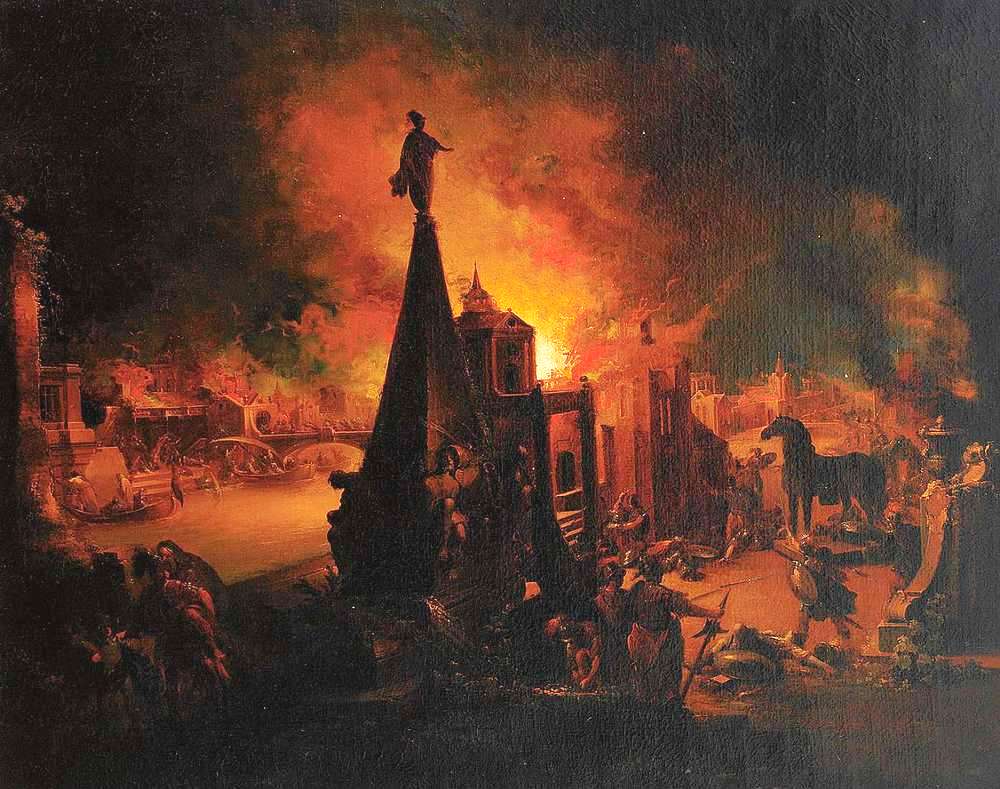
And then the hammer comes down with classical history. White people! Greece! REMEMBER THE GODDAMNED TROJAN WAR?! Why is this sort of response not deserved for Mike Brown? A city of ash? 1000 ships launched? Why is it always a peaceful protest but the system is still sending paramilitary troops in riot gear?
Sure, we can say these questions are rhetorical. We can say times have changed. We can look for whatever escape hatch we want, but the real work here is to sit with these questions and let them eat away at our excuses.
This also, is the practice of poetry.
Questions For You
And what about the last stanza? It's such a perfect ending, and when I see videos of Danez reading this poem, I know it wasn't the original ending. I think they made the right choice for the published version of the poem, but—
I'd love to know what you think it means! Dying to know, actually.
And what about the title? What do you think of the title against the larger body of the poem? Send me an email!
I encourage you to read more of Danez Smith's work. It's poetry that operates at the highest level—that is, raising our collective consciousness. It's poetry that plants enlightenment, if you let it.
Finally...
A small note. I've been struggling to figure out what to use this website for, but in hindsight, it makes sense that I use it to talk about the practice of poetry, and through that framework, talk about almost everything else.
Have a favorite poet? A favorite poem you'd like to see me write about? Let me know at zdfs@zdfs.com.
